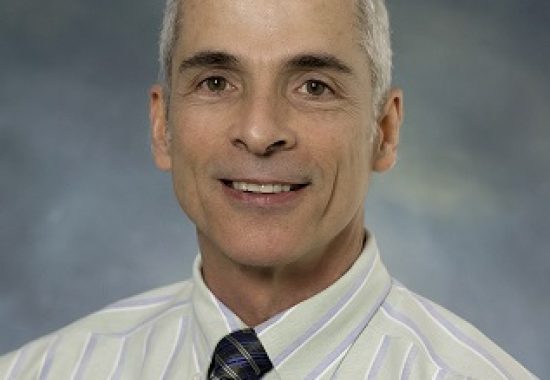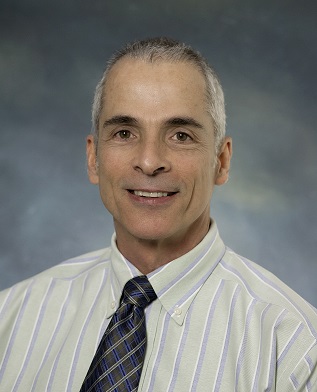The Curing Coma Campaign is committed to addressing the problem of prolonged unconsciousness as a treatable medical problem. A new organization, launched in 2019 by the Neurocritical Care Society, the Curing Coma Campaign (CCC), now includes multiple organizations and individuals in research and across the acute and post-acute care spectrum, with an interest in this clinical issue. MRRI Founding Director and Institute Scientist Emeritus John Whyte, MD, PhD, is a member of the CCC’s scientific advisory council and an internationally recognized leader in the field of brain injury and disorders of consciousness (DOC).
Historically, critical care research has been primarily concerned with survival and short-term outcomes from coma. Rehabilitation research on DOC has focused on long-term outcomes but hasn’t had the benefit of high-quality data about the acute injury and its treatment. The CCC hopes, over time, to develop longitudinal databases that not only house data regarding acute injury and early care, but also continue on through post-acute rehabilitation and long-term outcomes.
Importantly, simply by bringing together acute and post-acute care providers, the CCC has helped dispel the sense among many intensive care clinicians, that recovery from severe brain injury is hopeless. The collaborative effort has also attracted the attention of the National Institutes of Health, which co-hosted a series of state-of-the-science meetings to discuss what is already known about DOC and to set a research agenda for the advancement of the field.
The CCC is organized into a number of working groups which are addressing different aspects of the problem. Collectively, CCC authors have published 7 papers to date outlining the current state of the science and making recommendations for a future research agenda. Sponsorship of the second annual World Coma Day (held recently on March 22, 2022) helped to raise awareness globally of the problem of coma, and of the developing work of the CCC.



6 comment on “Dr. John Whyte and Other Experts Work to Improve Care and Outcomes for Patients in Coma”